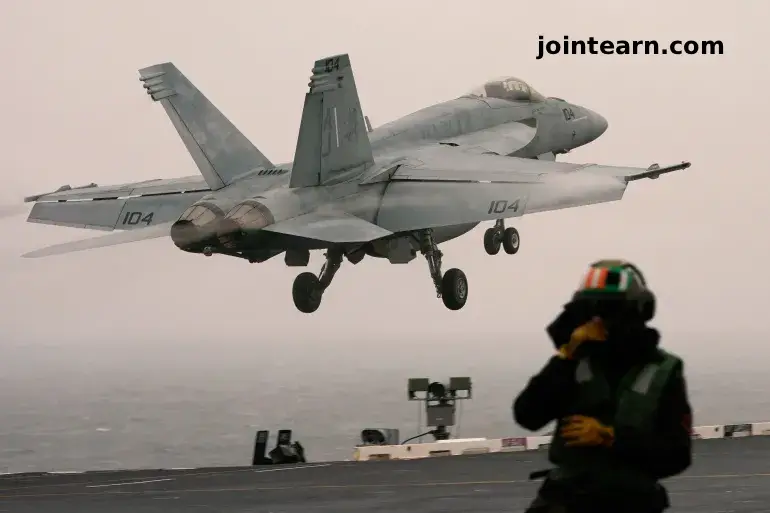
Senate Blocks Congressional Oversight on Venezuela Strikes
The United States Senate voted against legislation that would have required President Donald Trump to obtain Congressional approval before launching military attacks on Venezuela.
- The bill failed narrowly, 51–49.
- Two Republican senators—Rand Paul and Lisa Murkowski—joined Democrats in support, but it was insufficient to pass the measure.
“We should not be going to war without a vote of Congress,” said Democratic Senator Tim Kaine during debate.
The vote comes amid a growing US military presence off South America, including thousands of troops, a nuclear submarine, and the USS Gerald R. Ford aircraft carrier.
US Military Build-Up and Strikes
Since mid-October, the US has conducted lethal strikes on vessels in the Caribbean and Pacific, claiming they were transporting narcotics.
- These strikes have killed at least 65 people, though many victims were reported to be fishermen.
- Latin American leaders, legal experts, and relatives of the deceased have described the strikes as extrajudicial killings.
Recent aerial activity includes a pair of B-52 bombers flying along Venezuela’s coastline, marking at least four military flights near Venezuelan borders since mid-October.
Senator Adam Schiff (D-CA) said:
“It’s really an open secret that this is much more about potential regime change than narcotics enforcement.”
Public Opinion on Military Action
Polls show widespread opposition in the US to unilateral military action against Venezuela:
- Only 18% of Americans support even limited military strikes.
- 74% believe the president should not be able to use force abroad without Congressional approval, consistent with the Constitution.
Despite public sentiment, many Republican lawmakers have backed the strikes, framing them as part of Trump’s “war on narcotics”.
Senator Jim Risch (R-ID):
“President Trump has taken decisive action to protect thousands of Americans from lethal narcotics.”
Some conservatives, however, have expressed concerns about a potential war with Venezuela, noting Trump’s campaign promise to avoid foreign military entanglements.
Legal and Constitutional Implications
The vote highlights ongoing tension between Congress and the president over war powers:
- The 1973 War Powers Resolution requires Congressional approval for military engagements.
- Recent Trump administration actions appear to circumvent these checks, raising questions under both US and international law.
Key Takeaways
- Senate voted 51–49 against limiting Trump on Venezuela military action.
- US maintains military presence near Venezuela with aircraft carriers, bombers, and troops.
- Polls indicate majority of Americans oppose unilateral military action.
- Republican support remains strong despite legal and ethical concerns.
- Congress’s ability to constrain foreign military action remains a contentious issue.


Leave a Reply